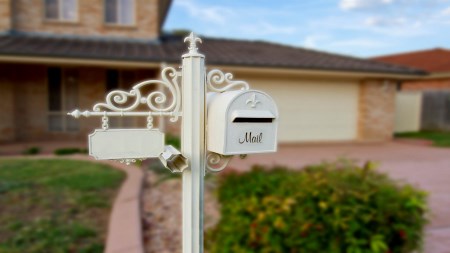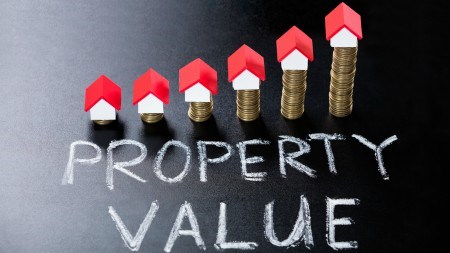A few interesting factors that can affect the value of your home, which you probably didn’t think about.
Outside of the usual factors which determine how much your home is valued at, there are some commonly overlooked things to consider. The most common factors that go into the valuation of a home are things like location, square footage, nearby schools and the number of bedrooms and bathrooms. However, whether you’re buying or selling a home, it’s important to be aware of all contributing factors that could impact the home’s value.
These are a few factors that you might not have considered, which could negatively impact the value of your home:
Neighbourly love
Bad neighbours can be a huge deterrent to potential home buyers, particularly if the seller has unresolved disputes with their neighbours. If it is apparent that you have a dispute with your neighbour, buyers may be put off, so it’s a good idea to make sure that your disputes are resolved. Neighbours that don’t look after their homes and gardens can make the neighbourhood look untidy, which could take away from the value of your home, even if your garden is immaculate.
What’s in a name?
Living in a particular street can increase or decrease the value of your home. For example; Clifton Road in the Western Cape, or 4th Street in Hyde Park are streets with upmarket homes and highly sought after among the wealthy. Therefore, the reputation of these streets will increase the value of your home. This concept works the opposite way around for a particularly dangerous street, or one with a bad reputation.
Unlucky number 13
Believe or not, studies show that odd and even numbers fetch different house prices among those who are superstitious. For example: certain people may avoid a home that is number 13, and it may it may put your home at a value lower than that of your neighbour’s with different house numbers.
Negative history
Many buyers are put off by a home with a negative history. Things like a death on the property, a crime having occurred in the house, a fire or flooding on the property in the past can devalue your home. Buyers may not want to inherit a home that has had a negative history and could be considered “bad luck”.
Pets not welcome
If you have a large number of pets, pets that smell, or intimidating pets, this can be a large deterrent for buyers. It could devalue the price of your home by a few percent even. Make sure to clean thoroughly before show day and get rid of pet odours as much as possible. If your pets are not well trained, make sure to keep them secure while potential buyers are having a look around.
When selling your home, make sure to consider the above factors, as well as the most obvious ones, in order to get your home priced right and sold fast.




